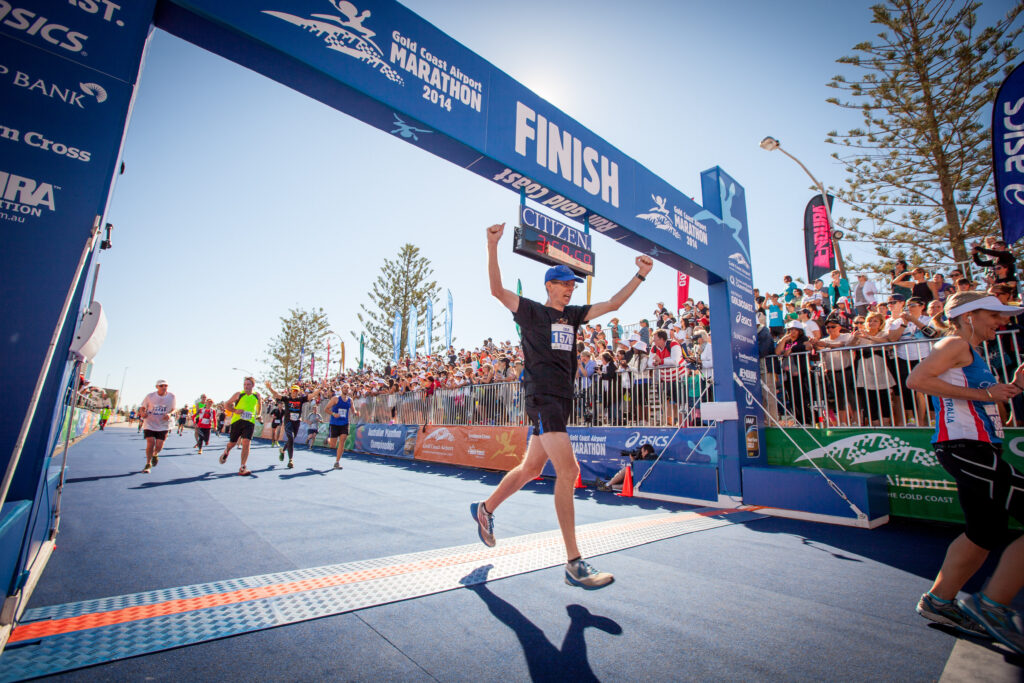Conquering Fear: The Unseen Battle in Sports
In the world of sports, where physical prowess, skill, and determination often take the spotlight, there exists an unseen adversary that challenges even the greatest athletes – fear. The fear of failure, of letting down teammates and fans, or the fear of injury can haunt athletes and impact their performance on the field. Today, let’s delve into the realm of fear in sports, exploring its nuances and discussing how an athlete can understand and manage fear better.
Fear is a natural human emotion, and athletes are not exempt from its grip. It can manifest in various ways, from pre-game jitters to the fear of making a critical mistake during a crucial moment. Athletes may fear the expectations placed upon them or the uncertainty of the outcome. Recognizing and acknowledging these fears is the first step in addressing them and finding ways to overcome them.
Let’s take an example of Michael Jordan. Considered by many as the greatest basketball player of all time, Michael Jordan faced his fair share of fears throughout his illustrious career. While his on-court exploits are legendary, his journey wasn’t without its moments of doubt and anxiety. One particular instance that stands out is the 1997 NBA Finals, often referred to as the “Flu Game.” In Game 5 of the finals between the Chicago Bulls and the Utah Jazz, Jordan was visibly ill, battling flu-like symptoms. The pressure was immense, with the series tied 2-2, and the Bulls needed a win to gain the upper hand. Jordan, weakened and fatigued, pushed through the fear of physical limitations and delivered a performance for the ages. He scored 38 points, leading the Bulls to a crucial victory. Michael Jordan’s Mental Toughness had helped him conquer fear. What allowed Jordan to overcome his fear in that critical moment was his unparalleled mental toughness. His ability to focus on the task at hand, block out external pressures, and channel his energy into the game showcased the mindset of a true champion. Jordan’s unwavering commitment to excellence, tireless work ethic, and unshakable self-confidence played pivotal roles in his conquering of fear.
“Do I fear taking the last shot? No. I relish the opportunity.”
–Michael Jordan
The story of Michael Jordan serves as an inspiration for aspiring athletes facing their own fears. Fear manifests in many ways in sports. It can be the fear of failure, the paralyzing thought of dropping the baton or missing the goal. It can be the physical fear of heights, speeds, or the sheer power of an opponent. It can even be the fear of judgment, the anxiety of performing under the spotlight. But fear, like any opponent, can be managed. Here are some tips for athletes battling their fears:
- Identify your fears: Give your fear a name. Understanding what you’re afraid of is the first step to conquering it.
- Challenge negative thoughts: Replace self-doubt with positive affirmations. Focus on your strengths and past successes.
- Visualize success: See yourself performing flawlessly, feeling the adrenaline, and tasting victory.
- Practice mindfulness: Techniques like deep breathing can help you manage fear and stay present in the moment.
- Seek support: Talk to coaches, teammates, or even sports psychologists. Sharing your fears can be liberating and lead to valuable guidance.
- Celebrate small wins: Focus on the journey, not just the destination. Every successful practice, every conquered fear, is a step towards your ultimate goal.
It highlights the importance of mental resilience, self-belief, and a strong work ethic. Athletes can benefit from adopting strategies such as visualization, positive self-talk, and mindfulness to manage fear effectively.
Fear is an integral part of the human experience, and athletes are no exception. The ability to confront and conquer fear is what sets exceptional athletes apart. Michael Jordan’s Flu Game is a testament to the power of mental toughness and determination in the face of adversity. As athletes continue to push the boundaries of human achievement, the battle against fear will remain an intrinsic part of the journey to greatness.
Honey Jain,
Mindsports

